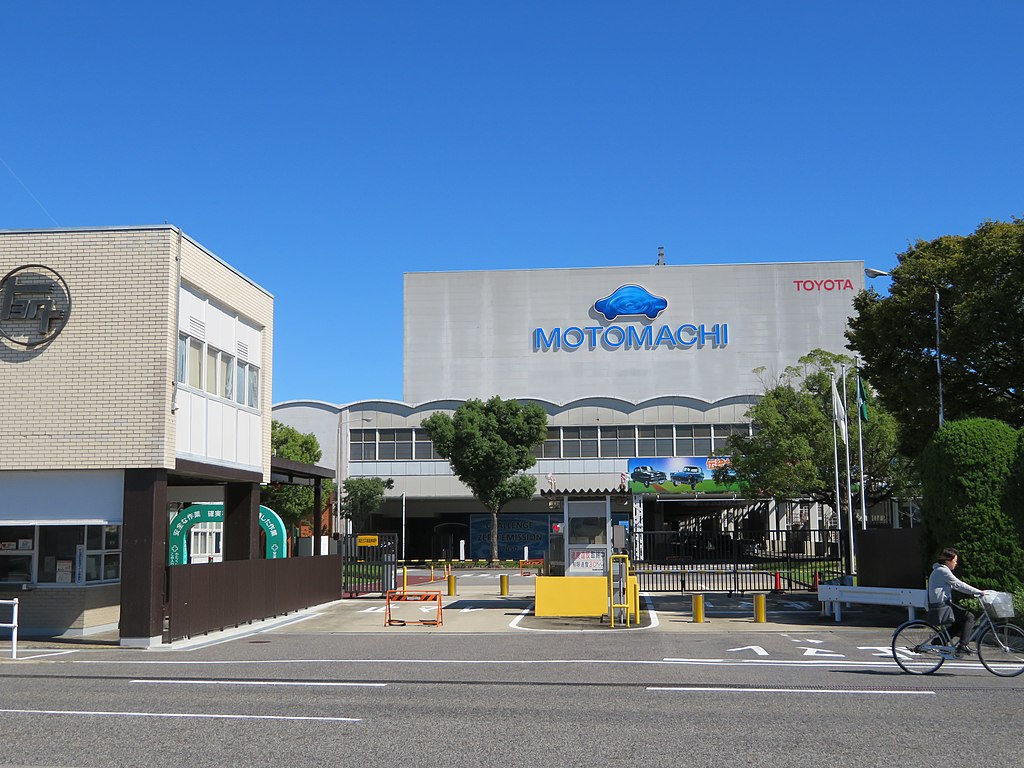Toyota Gets $4.5M DOE Grant Boosting EV Battery Sustainability
This week, Toyota has received a significant $4.5 million boost from the U.S. Department of Energy (DOE) to advance the sustainability of electric vehicle (EV) batteries. This funding comes from ARPA-E’s CIRCULAR program, which is dedicated to developing a sustainable, domestic supply chain for EV batteries.
The project, led by Toyota Research Institute of North America (TRINA), addresses a critical challenge in the EV industry: managing the lifecycle of old EV batteries. Currently, the process of disassembling battery packs, identifying reusable parts, and recycling materials is slow, labor-intensive, and costly.
To tackle this issue, Toyota is collaborating with Oak Ridge National Laboratory (ORNL), the National Renewable Energy Laboratory (NREL), and Baker Hughes’ Waygate Technologies. Together, they aim to streamline and innovate the battery recycling process, making it more efficient and less expensive. This initiative could significantly contribute to the development of a circular economy for EV batteries, supporting sustainability and reducing environmental impact as EV adoption continues to rise.

The team’s plan centers on a series of technological innovations designed to close the loop in the EV battery lifecycle. One key focus is automating the battery pack disassembly process, which would greatly speed up recycling efforts. Advanced diagnostic tools will also be used to assess the condition of battery cells and modules, ensuring that valuable components are accurately identified and prioritized for reuse. Additionally, refabrication methods will be developed to transform old cells into new energy systems, helping to give them a second life. The ultimate goal is to make battery reuse and refurbishment the first options, with recycling only becoming necessary as a last resort, thus reducing waste and maximizing the value extracted from each battery.
Marm Dixit, leading ORNL’s contributions, said: . “By extending the life of the battery components, we reduce their total emissions per mile. That’s a big deal for the role EVs can play in the energy transition.”
NREL will play a pivotal role in the project by leveraging cutting-edge technologies such as machine learning and nano computed tomography, which will allow for rapid analysis of battery health and lifespan. This advanced imaging technique will enable more precise evaluations of battery components. Baker Hughes’ Waygate Technologies will contribute its expertise in non-destructive testing, using advanced imaging systems to assess batteries without damaging them.
Toyota’s Battery Lifecycle Solutions (BLS) team is focused on taking these innovations from the lab and applying them in real-world settings. As Sarah Kennedy, the BLS manager, explains, the goal is to create a framework that not only reduces battery waste but also improves the circularity of the battery supply chain. By applying the insights and technologies developed through this project, Toyota aims to enhance the sustainability and efficiency of the entire lifecycle of EV batteries, promoting a more sustainable future for the industry.
